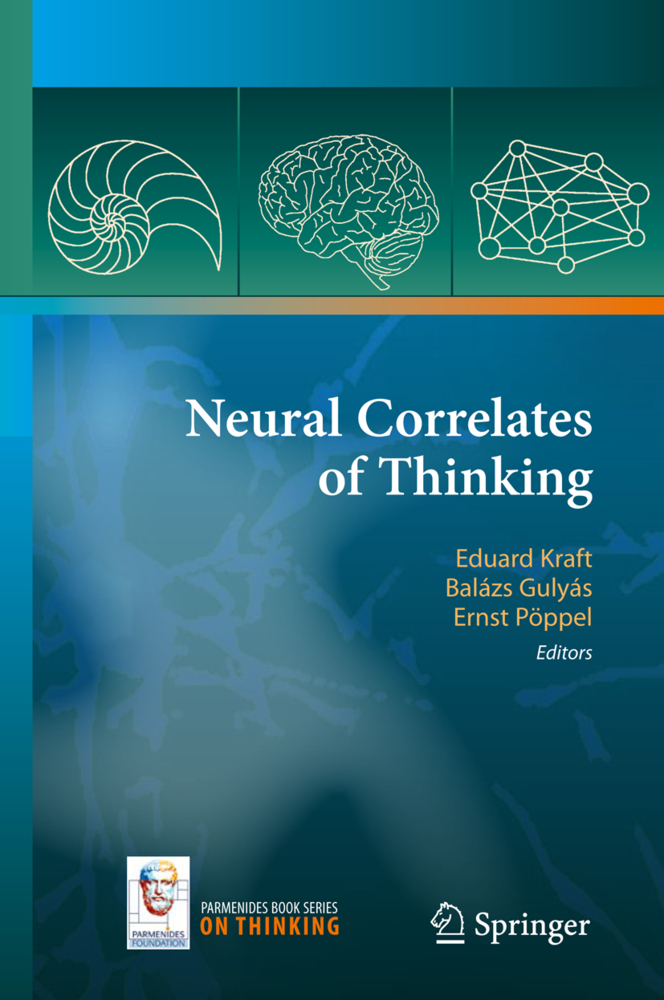Man has been pondering for centuries over the basis of his own ethical and aesthetic values. Until recent times, such issues were primarily fed by the thinking of philosophers, moralists and theologists, or by the findings of historians or sociologists relating to universality or variations in these values within various populations. Science has avoided this field of investigation within the confines of philosophy. Beyond the temptation to stay away from the field of knowledge science may also have felt itself unconcerned by the study of human values for a simple heuristic reason, namely the lack of tools allowing objective study. For the same reason, researchers tended to avoid the study of feelings or consciousness until, over the past two decades, this became a focus of interest for many neuroscientists. It is apparent that many questions linked to research in the field of neuroscience are now arising. The hope is that this book will help to formulate them more clearly rather than skirting them. The authors do not wish to launch a new moral philosophy, but simply to gather objective knowledge for reflection.
Did evolution fix moral values ?
Homo homini lupus ? - Morality, the social instincts, and our fellow primates
Disorders of social conduct following damage to the prefrontal cortices
The neurobiological grounding of human values
Emotion and cognition in moral judgment: evidence from neuroimaging
Neural substrates of affective style and value
Cognitive psychology of moral intuitions
Mirror neurons: a neural approach to empathy
How does the brain know when it is right ?.-Cerebral basis of human errors
How a primate brain comes to know some mathematical truths
Subject Index
Preface
Creation, art, and the brainDid evolution fix moral values ?
Homo homini lupus ? - Morality, the social instincts, and our fellow primates
Disorders of social conduct following damage to the prefrontal cortices
The neurobiological grounding of human values
Emotion and cognition in moral judgment: evidence from neuroimaging
Neural substrates of affective style and value
Cognitive psychology of moral intuitions
Mirror neurons: a neural approach to empathy
How does the brain know when it is right ?.-Cerebral basis of human errors
How a primate brain comes to know some mathematical truths
Subject Index
Changeux, Jean-Pierre P.
Damasio, Antonio
Singer, Wolf
| ISBN | 9783540298038 |
|---|---|
| Artikelnummer | 9783540298038 |
| Medientyp | E-Book - PDF |
| Copyrightjahr | 2006 |
| Verlag | Springer-Verlag |
| Umfang | 167 Seiten |
| Sprache | Englisch |
| Kopierschutz | Digitales Wasserzeichen |










